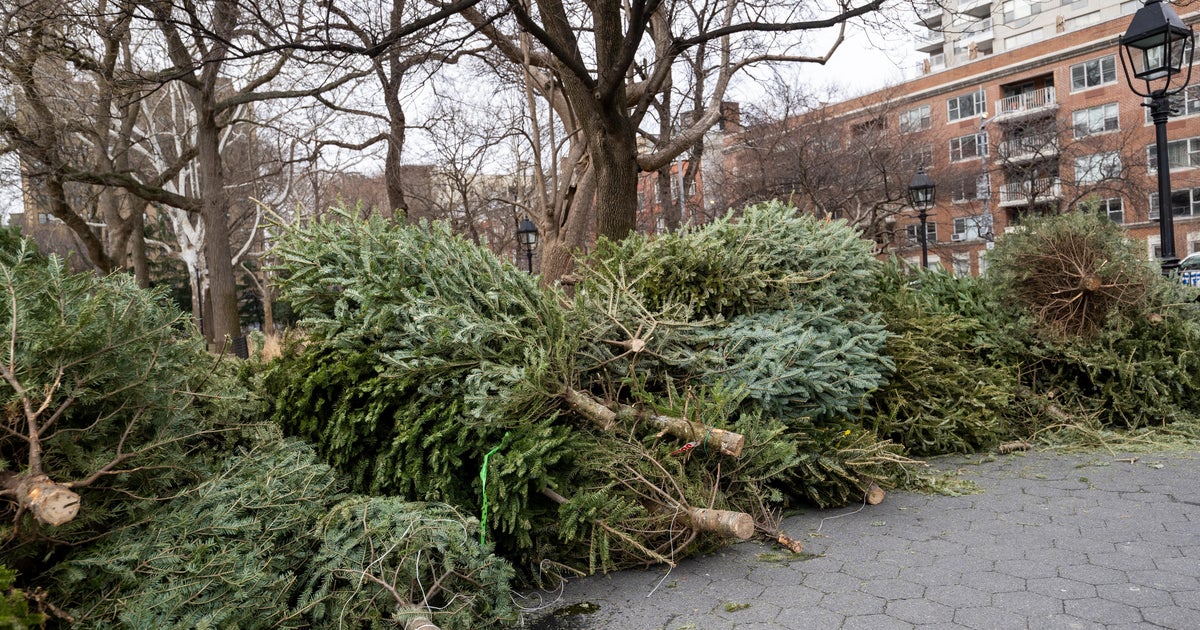MTA could raise NYC congestion pricing toll 25% on gridlock alert days, but Hochul says she won't allow it
NEW YORK -- With New York City's congestion pricing tolling plan set to start in less than two weeks, the MTA now says it has the right to hike the prices even more on gridlock alert days.
Gov. Kathy Hochul, however, says she won't let that happen.
"Under no circumstances"
The highly controversial tolling initiative is set to start on Sunday, Jan. 5, and toll readers that will charge drivers $9 to travel below 60th Street in Manhattan are already set up across the borough's congestion relief zones.
But the prices could be even higher on busier traffic days.
On the very last page of the New York State Register's latest rulebook, a footnote highlights that the MTA "reserves the right to charge a 25% higher Central Business District -- or CBD -- charge during gridlock alert days." Examples of when that could happen include if the president is in town or if it's a particularly busy travel day.
But in response, Hochul said, "We have spoken to the MTA and made it clear [that] under no circumstances will I allow this discretionary 25% surcharge on gridlock days to be used."
The MTA confirmed in a statement that it does have the authority to tack on that extra 25%, but that it's the city Department of Transportation that determines which day is a gridlock alert day.
New Yorkers, out-of-towners struggle with what's fair
Vanessa Fine, who was in New York City on Thursday, said congestion pricing is why she's happy she moved to Los Angeles.
"My parents have been living for 40 years in the same apartment. The fact that they even have to pay to leave their garage is kind of sick," Fine said.
- Read more: Congestion pricing is a disaster for New Yorkers without subway access, some Brooklyn residents say
Chelsea resident Clint Hild said he considers it a double-edged sword, thinking of the tolls' potential benefits to the city's infrastructure. During peak hours, the toll could be raised to $11.25 for passenger cars on a gridlock alert day if the 25% hike takes effect.
"It would just make city transportation on the street level much more expensive, but mass transit needs a dramatic overhaul," Hild said.
Elbia Retchkiman said she drives in from Baltimore to visit family and would pay an extra 25% if it means there would be less traffic.
"It's going to be more expensive, but the traffic is going to be more quietly," Retchkiman said.
Svetlana Moleva of the Upper West Side said if there is an extra fee on a gridlock alert day, the city should meet the public somewhere in the middle.
"It's difficult to say. I would start with let's say 10%. Maybe that would be a better solution for everybody," Moleva said.
Others said they are just resigned to the fact that congestion pricing is a law in New York City.
"If we have to pay it, then we'd have to pay it," driver Mario Barrios said.



